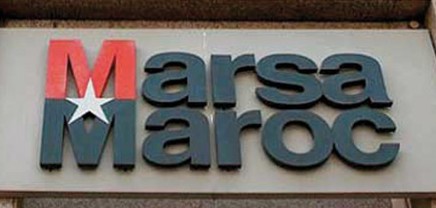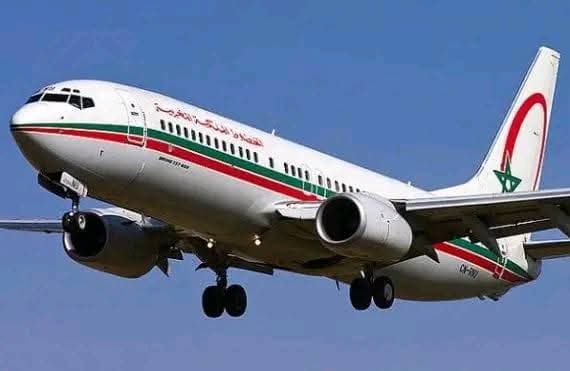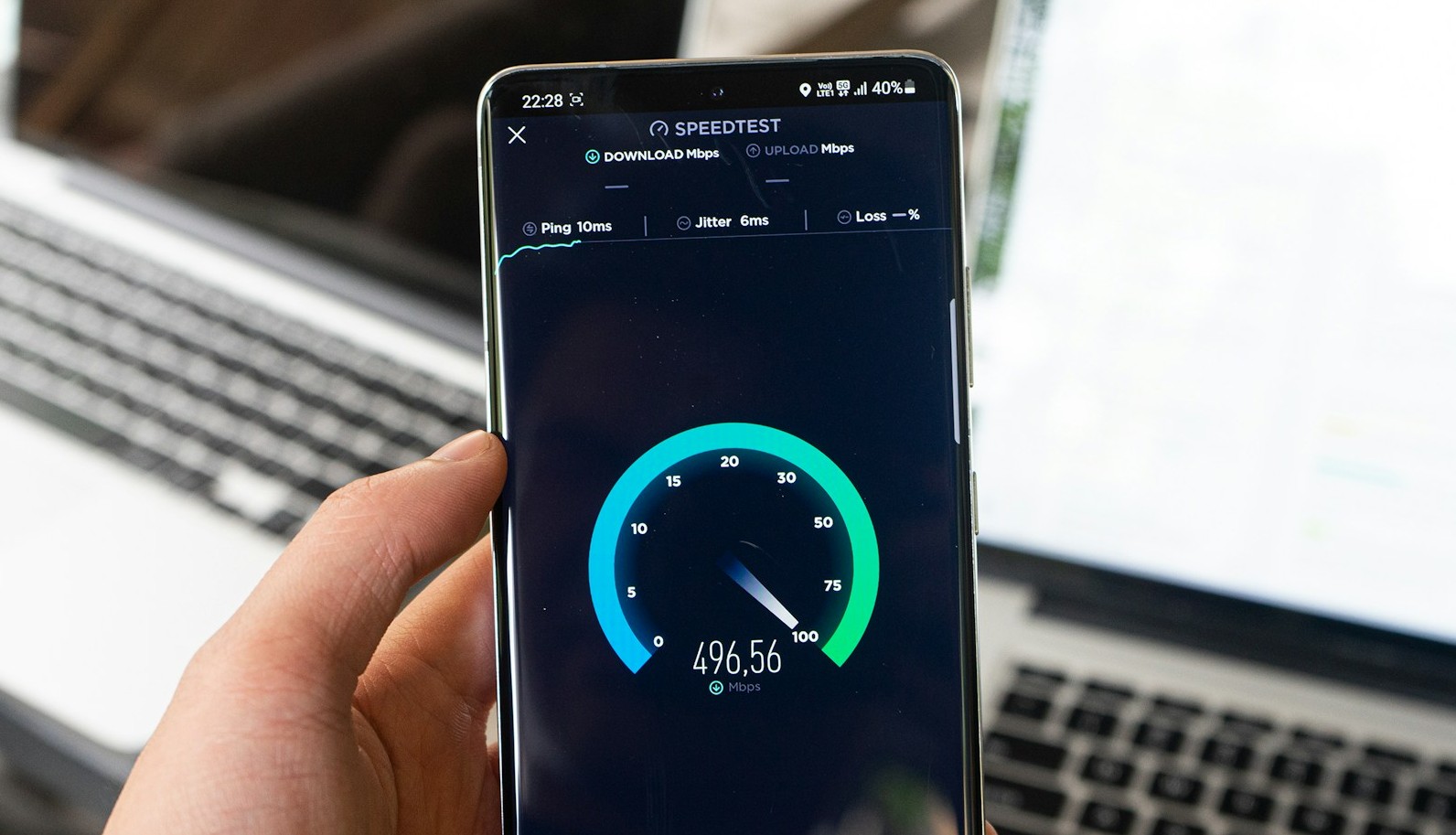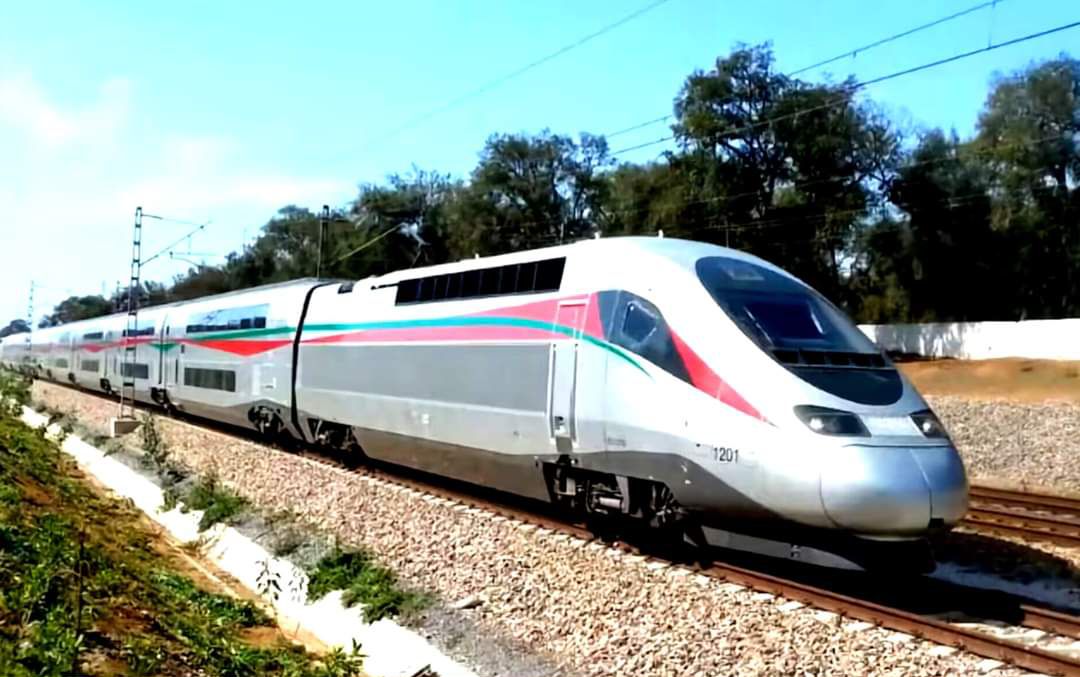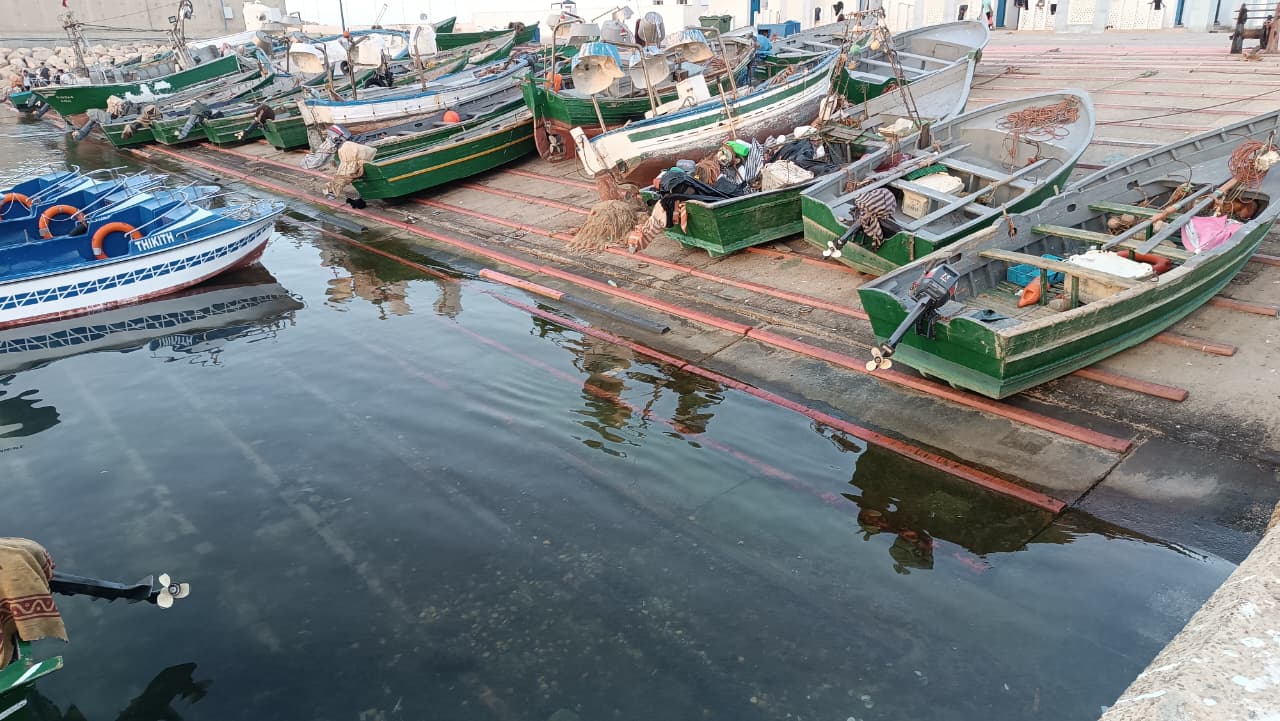Casablanca – The 16th edition of the International Agriculture Forum in Morocco, held in Meknes, witnessed significant progress in bilateral agricultural relations between Morocco and Brazil. During the event, an agreement was reached to open the Brazilian market to Moroccan citrus fruits. This agreement, signed by representatives from both countries, outlines the conditions and procedures for exporting Moroccan citrus fruits to Brazil.
The action plan emphasizes the importance of adhering to phytosanitary conditions and plant protection requirements set by both countries. This move is expected to strengthen cooperation between Morocco and Brazil in agricultural trade, with Brazil being identified as a promising market for Moroccan citrus fruits due to its significance to Brazilian consumers.
It’s worth noting that the production seasons of citrus fruits in Morocco do not coincide with those in Brazil, presenting an opportunity to increase Moroccan citrus fruit exports to Latin American countries, particularly Brazil.
Morocco currently exports over 600,000 tons of citrus fruits, with a diverse range of categories and destinations, including 23% to countries in the Americas.
Representatives from both countries highlighted the significance of this agreement in enhancing bilateral cooperation and addressing global food security challenges. They emphasized the mutual trust between Morocco and Brazil and their shared responsibility in improving global food security.
The agreement reflects a long-standing collaborative effort between the two countries, with continuous cooperation and fruitful outcomes. Opening the Brazilian market to Moroccan citrus fruits is seen as a positive step towards fostering prosperity and growth between Morocco and Brazil.
The decision to open the Brazilian market to Moroccan citrus fruits was welcomed by Moroccan officials, who emphasized its importance for the citrus sector in Morocco and for Moroccan citrus farmers.
Overall, this agreement marks a significant advancement in bilateral relations between Morocco and Brazil and is expected to benefit both countries economically within the framework of Rabat’s economic openness to the Atlantic region.
